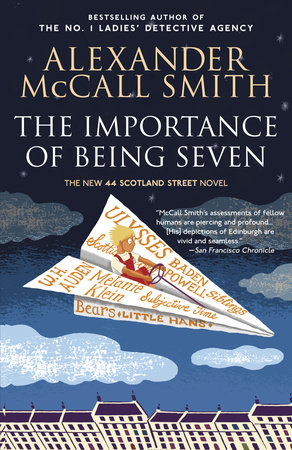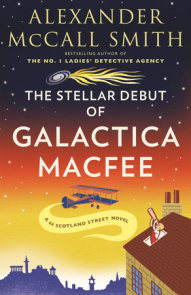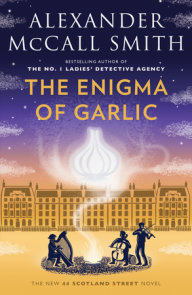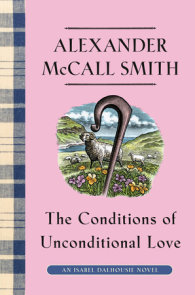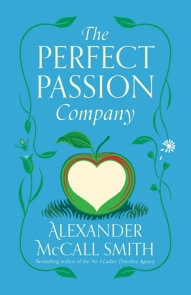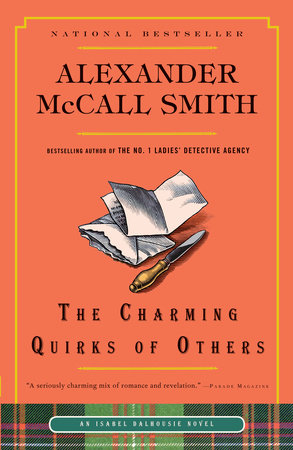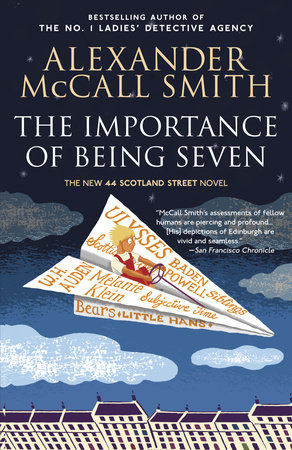

The Importance of Being Seven
By Alexander McCall Smith
By Alexander McCall Smith
By Alexander McCall Smith
By Alexander McCall Smith
Part of 44 Scotland Street Series
Part of 44 Scotland Street Series

-
$15.95
Aug 21, 2012 | ISBN 9780307739360
-
Aug 21, 2012 | ISBN 9780307744883
YOU MAY ALSO LIKE
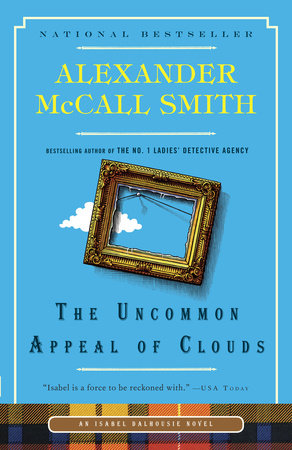
The Uncommon Appeal of Clouds
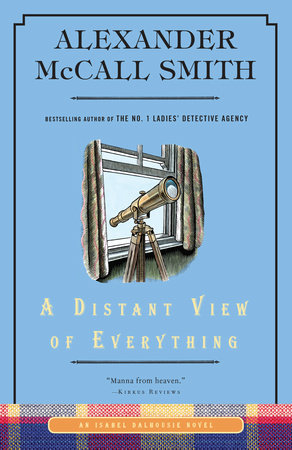
A Distant View of Everything
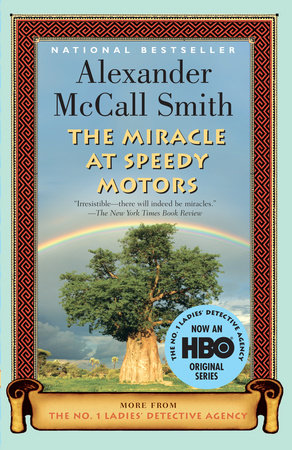
The Miracle at Speedy Motors
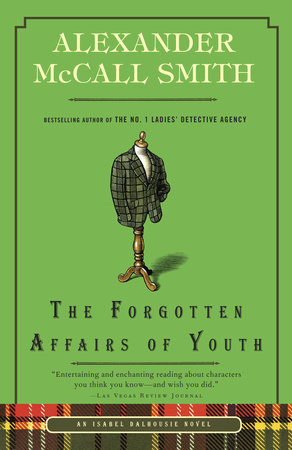
The Forgotten Affairs of Youth

The Dog Who Came in from the Cold

Corduroy Mansions

Portuguese Irregular Verbs
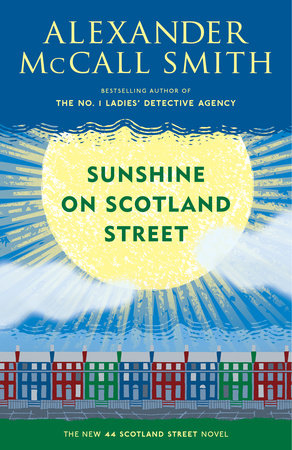
Sunshine on Scotland Street
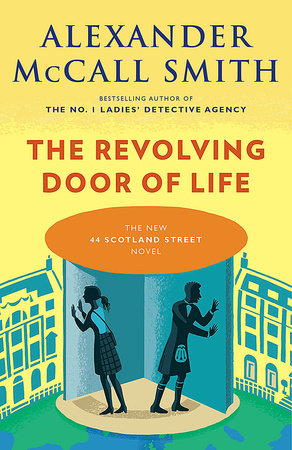
The Revolving Door of Life
Praise
“Fans of the series (which McCall Smith conducts in daily installments in The Scotsman before book publication) will rejoice at hearing again some of the familiar treads on the fashionable tenement’s stairs. . . . By following an assemblage of characters on and near 44 Scotland Street, McCall Smith manages sidesplitting send-ups of contemporary pretentiousness and wry and often poignant commentary on the roles of chance, cruelty, and fate in our lives. . . . Delightful.”
—Booklist (starred review)
“Life in Scotland Street is a more pleasant, leisurely business than it is for most of the rest of us. . . . There’s plenty of time for idle thoughts, occasional shafts of wit and gentle dissections of absurdity—sometimes all at the same time.” —The Scotsman
“It is that all-prevailing pleasantness, the unfaltering optimism and the gentle pace of life that holds the key to McCall Smith’s success.” —Independent Magazine
“Sweet. . . . Graceful. . . . Wonderful. . . . Gentle but powerfully addicting fiction.”—Entertainment Weekly
“[McCall Smith] is a pro, and he delivers sharp observation, gentle satire . . . as well as the expected romantic complications. . . . [Readers will] relish McCall Smith’s depiction of this place . . . and enjoy his tolerant, good-humored company.” —The New York Times Book Review
“Alexander McCall Smith . . . proves himself a wry but gentle chronicler of humanity and its foibles.” —The Miami Herald
“McCall Smith’s plots offer wit, charm and intrigue in equal doses.” —Richmond Times-Dispatch
“Just about perfect. . . . Contains a healthy helping of McCall Smith’s patented charm.” —St. Louis Post-Dispatch
“McCall Smith’s assessments of fellow humans are piercing and profound. . . . [His] depictions of Edinburgh are vivid and seamless.” —San Francisco Chronicle
“Entertaining and witty. . . . A sly send-up of society in Edinburgh.” —Orlando Sentinel
“McCall Smith, a fine writer, paints his hometown of Edinburgh as indelibly as he captures the sunniness of Africa. We can almost feel the mists as we tread the cobblestones.” —The Dallas Morning News
“Alexander McCall Smith is the most genial of writers and the most gentle of satirists. . . . [The] characters are great fun . . . [and] McCall Smith treats all of them with affection.” —Rocky Mountain News
“Irresistible. . . . Smith has rendered another winner, packed with the charming characters, piercing perceptions and shrewd yet generous humor that have become his cachet.”
—Chicago Sun-Times
21 Books You’ve Been Meaning to Read
Just for joining you’ll get personalized recommendations on your dashboard daily and features only for members.
Find Out More Join Now Sign In






